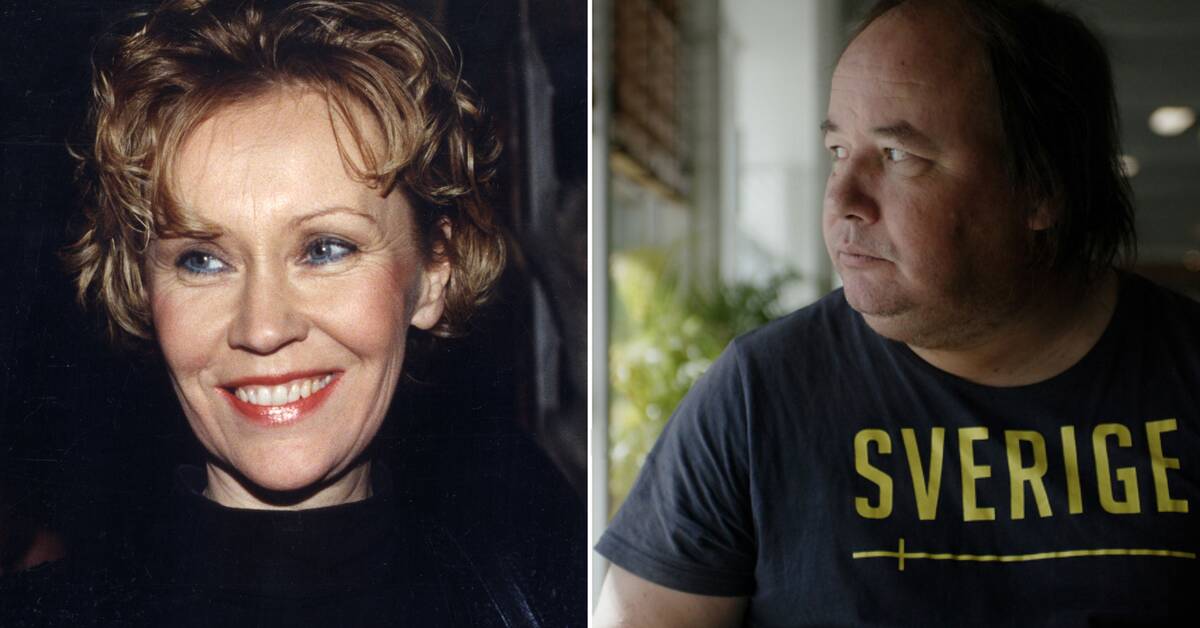Maria Thulin says she was fascinated by Gert van der Graaf's story after hearing about it at a dinner.
"I immediately felt that I instinctively wanted to know who the man behind the headlines was," she says.
Gert van der Graaf has been an ABBA fan since the age of eight when he saw "Waterloo" in the Eurovision song contest in 1974. As he grew older, it was mainly Agnetha Fältskog who caught his interest and as an adult he bought a cottage near Agnetha Fältskog's home in Sweden to be close to her.
Got together
In the unlikely event they began a brief relationship in 1997. After the relationship ended, he followed Fältskog, called at all hours of the day, showed up at places where she was going, stared through her kitchen window and wrote many letters.
"Gert knows that he is classified as a stalker, but he considers himself something more, that his story is something more and therefore he thinks he wants to tell it.
Gert van der Graaf was convicted of molestation in 2000 after stalking Fältskog and expelled from the country for two years. In 2003, he tried to contact her again, was again deported to the Netherlands for two years, and in 2006 he was arrested outside the ABBA star's home.
Fältskog did not want to participate
Representatives of Agnetha Fältskog have told Expressen that she did not want the documentary about her persecutors to be made. Maria Thulin says that it is "very sad" that the ABBA member has chosen not to participate, but that the film highlights the victim perspective in other ways.
"We have done what we could to get the victims' perspective on stalking. We have brought in stalking experts who are among the best in the world. Among others, Rhonda Saunders, who was the prosecutor in the case of Madonna's stalker, and Laura Richards, who is an expert on the subject, says Maria Thulin.
KulturNyheter has contacted Agnetha Fältskog, who announces via proxy that she does not want to comment on the documentary. "Take a chance" appears on Amazon Prime Video.

